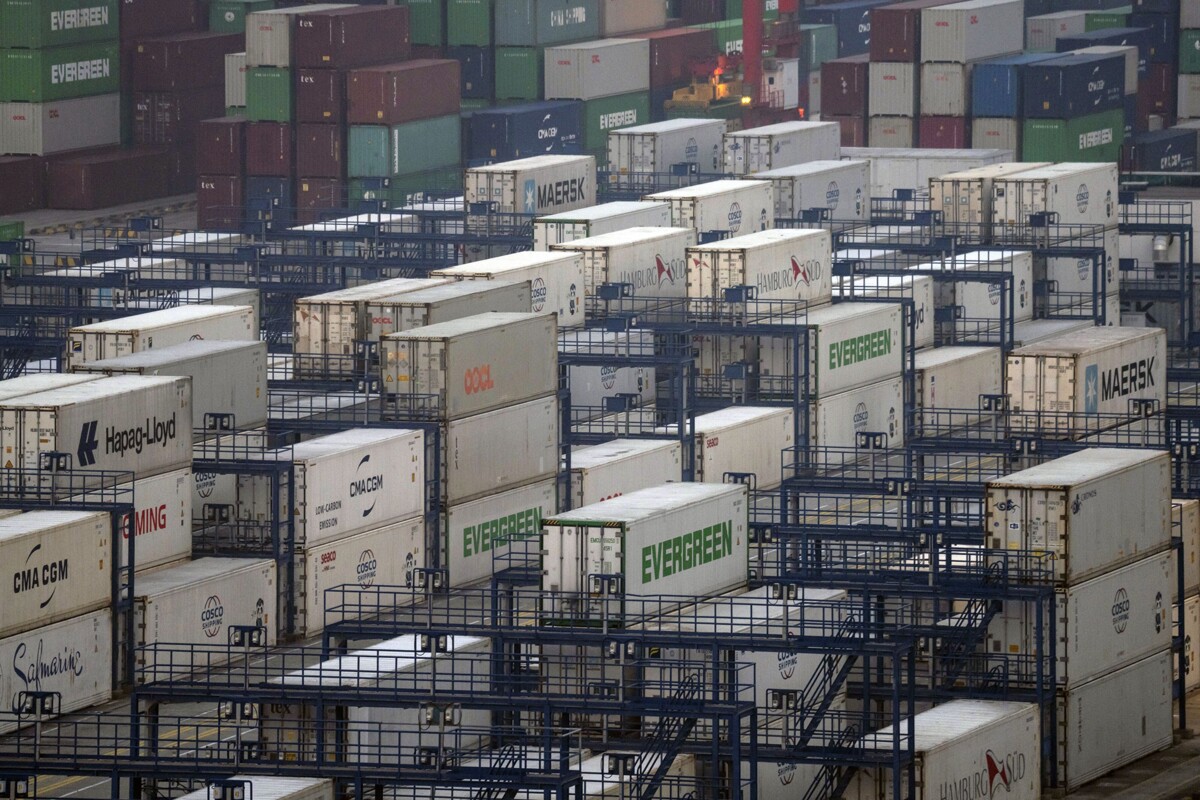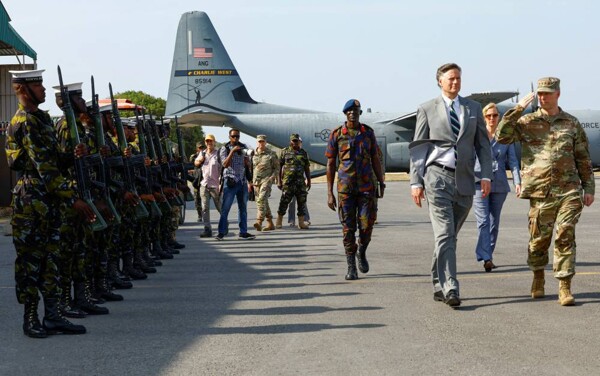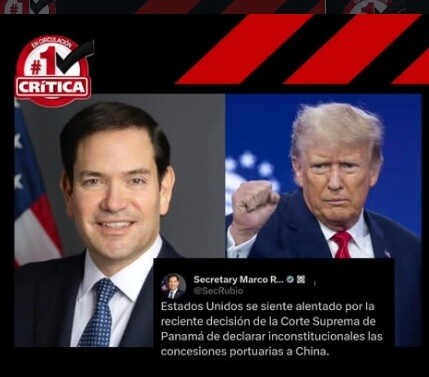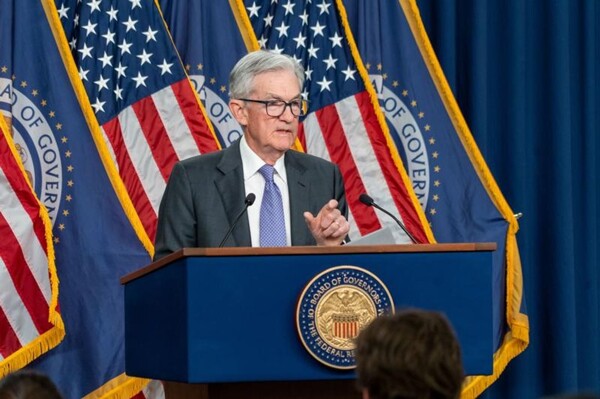
Recently, the United States government has expressed its interest in initiating discussions through the relevant channels. However, it is emphasized that concrete actions need to be implemented to demonstrate this desire and modify the 145% tariffs that were applied unilaterally, a stance that Japan has supported.
According to sources from the USTR and the Department of Commerce, there is an intention to start negotiations with Asian countries such as Vietnam, Thailand, and Indonesia, with the aim of establishing a series of agreements that can be used as a guide in conversations with China. On the other hand, it has been announced that the FTA with the United Kingdom has been postponed until the third quarter of the year, and efforts are underway to define the start of negotiations with India.
Regarding trade negotiations, it has been mentioned that Peter Navarro proposed the idea of reciprocal tariffs in the 2025 Project, a document prepared last year by Trump’s collaborators. This project seeks to maximize the president's power in this area.
It has been suggested that Mexico, despite having one of the highest effective tariffs, seems to have decided not to retaliate. The suspension of the application of reciprocal tariffs will be extended for three months, after which it is expected that the direction in this matter will be defined.
Despite the intention to achieve 90 agreements in 90 days, highlighted by Peter Navarro, other officials consider this goal unrealistic given the complexity of the negotiations and the personnel restrictions at the USTR. It has been pointed out that Trump is the only decision-maker in trade policy, with objectives that vary constantly.
In the ongoing renegotiation process, questions arise on how to minimize the vulnerability of the industry in relation to the USMCA and trade agreements established in the region.














